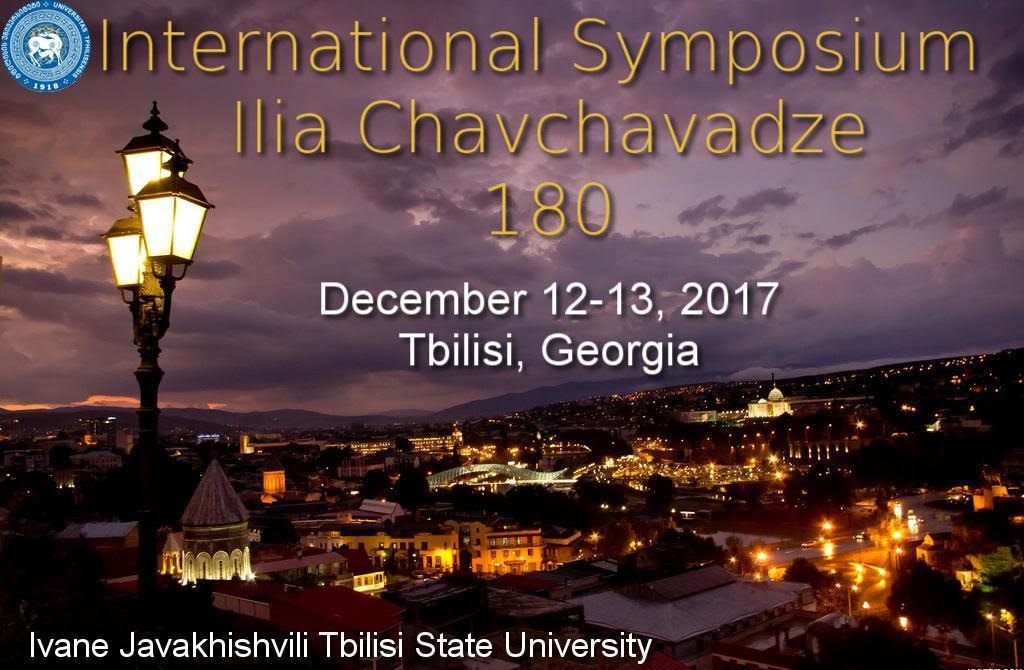Deadline for Submissions: September 21, at 9 a.m. EST.
The American Comparative Literature Association is looking for participants in the panel “Nature/Culture: Environmental Narratives in the Contemporary World”
This seminar focuses on the intersection of ecology and environmental studies with literature, film, culture, politics, and religion in the contemporary world. We aim to explore the ways in which writers, cultural producers, thinkers, politicians, and non-governmental institutions produce a wide range of discourses on nature and ecology to formulate and shape ideas about national and religious identities, literary production, and social belonging. The 2015 awarding of
Svetlana Alexievich with the Nobel Prize in Literature brought international attention to the confluence of environmental catastrophe with literary narrative. What is more, the rhetoric of “natural disaster,” and its subsequent genres (sustainability narratives, ecotourism, disaster tourism, studies of climate injustice and climate refugees, etc.) often go hand in hand with both foreign and domestic politics, as well as regional identity building. In his recent study of the oil industry in Perm, Russia, for example, Doug Rogers reveals how the regional politics of the Lukoil corporation have played a key role in the revival of local non-Russian cultural identities (The Depths of Russia: Oil, Power, and Culture after Socialism 2015).
Continue reading “CFP: Nature/Culture: Environmental Narratives in the Contemporary World (ACLA)”

